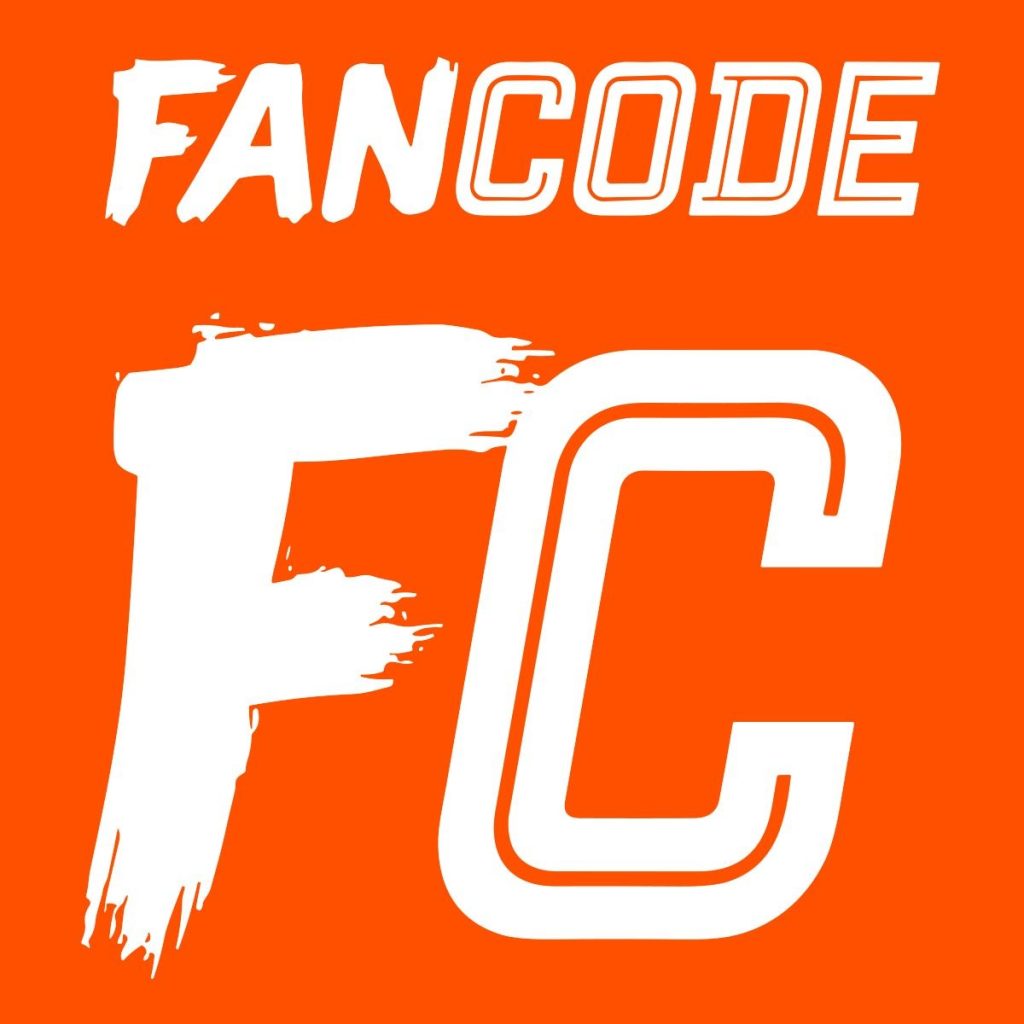Dream11 has now expanded to 11 international markets after facing new gaming rules in India. The platform has launched its services in the United States, the United Kingdom, Australia, the United Arab Emirates, New Zealand, Canada, Malaysia, Nepal, Bangladesh, South Africa, and Sri Lanka.
This move is part of Dream11’s plan to grow globally, following India’s new regulations that affected its main business model, which is based on money-based fantasy games.
In August, Dream Sports co-founder Harsh Jain shared in an interview with Moneycontrol that nearly 95% of the company’s revenue and all of its profits previously came from cash-based fantasy contests. However, these contests are now banned under the new Indian law, which prohibits real-money gaming.
Following this major regulatory shift, Dream11 needed to quickly adopt a free-to-play model, which enabled it to start earning through sponsorship and advertising. By focusing on ad-supported gameplay, Dream11 is reshaping its business model to remain sustainable without relying on monetary stakes.
Impact Of The Promotion and Regulation Of Online Gaming Bill, 2025 On Dream 11
In August 2025, the Indian government introduced the “Promotion and Regulation of Online Gaming Bill, 2025”, which banned all online games that involve money, including fantasy sports contests offering cash prizes. This new law included strict punishments, including heavy fines and jail, for any company or promoter that broke these rules.

This decision had a significant impact on Dream11, as nearly 90% of its income came from cash-based fantasy games. As a result, the company stopped all paid contests in India and shifted to a completely free-to-play model.
Additionally, Dream11 ended its ₹358 crore ($44 million) sponsorship deal with the Indian cricket team, as the new rules restricted the promotion of real-money gaming. Its parent company, Dream Sports, is now focusing on non-cash-based gaming options and expanding its business globally to continue growing.
Dream11 Expands Its Reach Beyond Fantasy Gaming
Dream Sports, the parent company of Dream 11, has already diversified its business to reduce the impact of India’s real-money gaming ban by investing in new areas and expanding its digital sports ecosystem.
FanCode: A Live-Streaming App
Their most significant step was “FanCode”. It is Dream Sports’ sports content and commerce platform, serving over 160 million users. It streams multiple sports, provides live scores, analysis, and news to make sports more engaging for Indian audiences.

FanCode streams thousands of matches every year across more than a dozen sports, including cricket, football, basketball, hockey, tennis, kabaddi, rugby, golf, horse racing, and several regional and second-tier tournaments.
To attract a wider audience, it also offers pay-per-match options, allowing fans to pay for a specific match or the entire tournament. Recently, FanCode ended its direct e-commerce operations to focus more on live streaming and content innovation.
Dream Money: Investment App
Dream Sports has also launched “Dream Money” following the ban on Dream 11 in the Indian market. It is an app that offers gold and fixed deposit investment options, marking a move into the fintech sector to build new revenue streams beyond gaming.

With Dream Money, users can buy 24-karat digital gold starting from just ₹10 through daily or monthly SIPs. They have also partnered with Augmont, a trusted digital gold platform, to attract the audience. The app also offers fixed deposit options starting at ₹1,000, without needing a bank account.
These deposits are supported by small finance banks and NBFCs such as Shivalik, Utkarsh, Slice, and Shriram Finance, ensuring secure investment options.
Flex: Fantasy Sports App
Dream11 has launched a new feature called “Flex”, which allows users to create their own fantasy sports leagues with custom rules and no cash prizes. This new mode gives fans the freedom to design contests based on their preferences, including team selection, match types, and scoring formats.
Unlike traditional fantasy contests, which involve entry fees and monetary rewards. This supports the platform’s free-to-play model, now powered by advertising and brand partnerships with companies like Swiggy and Tata Neu.
Through these efforts, Dream11 continues to engage its 250 million+ global users, shifting from real-money gaming to a sustainable, ad-supported, and content-driven ecosystem.
Also Read:
Dream 11 Preferred Free To Play Over Pay To Play
Since Dream11 has launched in 11 countries, it will adopt a free-to-play format, citing its experience in the Indian market. The company will not host real-money games in these regions as well, but will instead focus on social, skill-based contests with no monetary stakes. It will ensure compliance with international gaming regulations and promote a safer gaming environment.
In an interview with Moneycontrol, Dream Sports Chief Marketing Officer Vikrant Mudaliar said, “Over the years, many brands have shown strong interest in partnering with Dream11, and now, after our pivot to free-to-play fantasy sports, we have begun onboarding them selectively.”
The global platform will also rely on advertising and sponsorship to generate revenue without financial risks. Recently, Dream Sports has expanded its advertising with Swiggy, Astrotalk, and Tata Neu, who have joined Dream11’s ad-supported ecosystem.
Through FanCode, Dream Money, and the new Flex feature, Dream Sports has successfully diversified its business beyond fantasy gaming. Now expanding into 11 international markets, Dream11 is trying to position itself as a global sports company after a setback from the Indian government.

